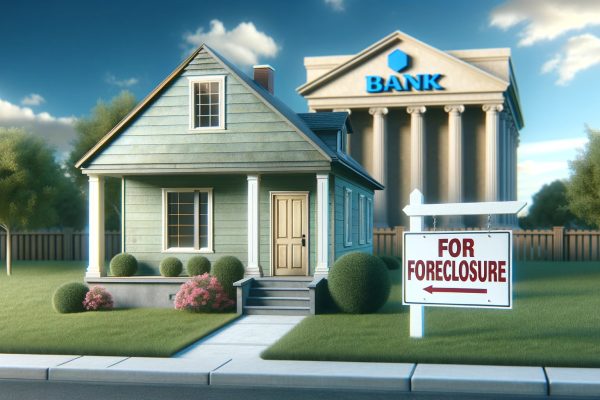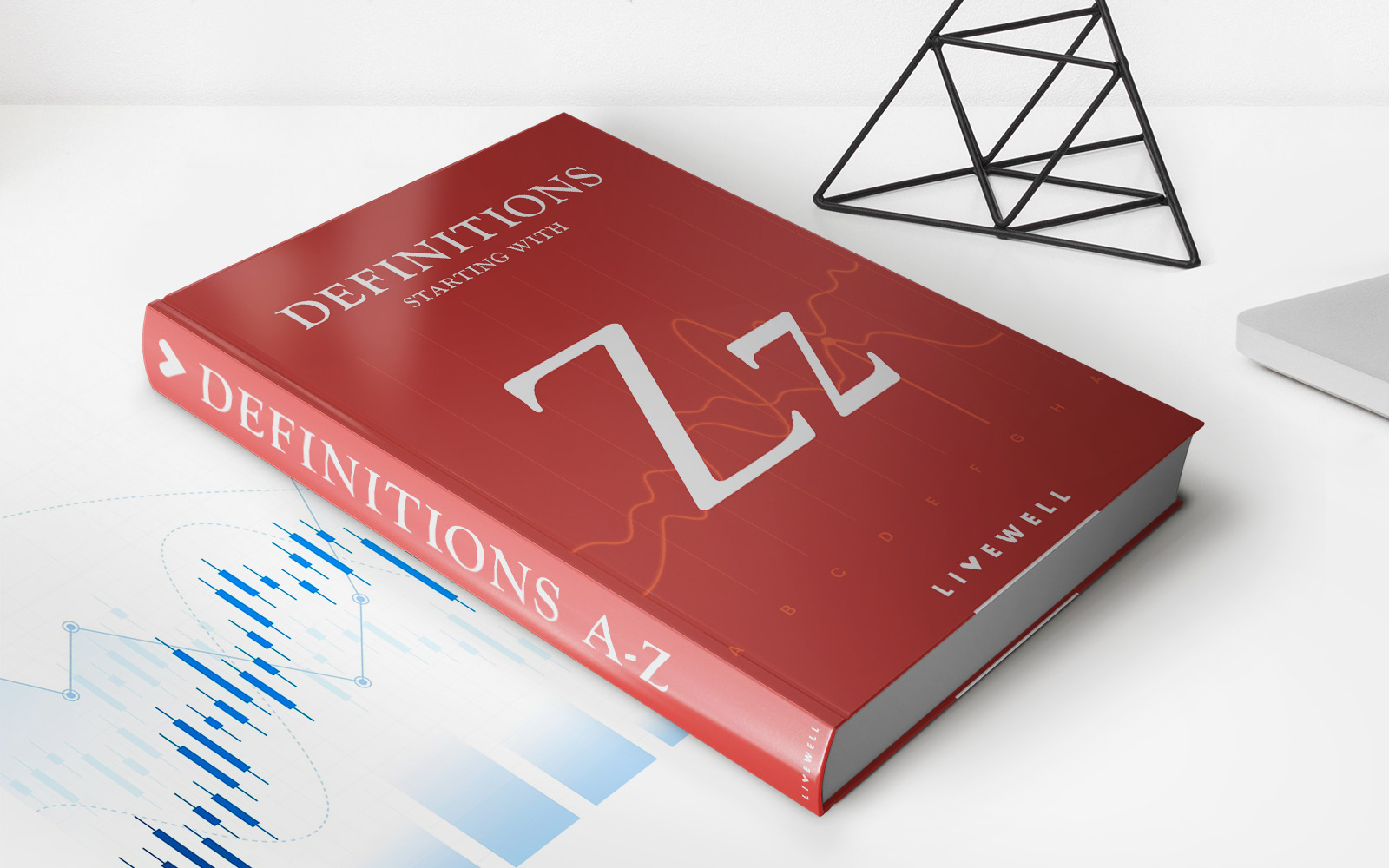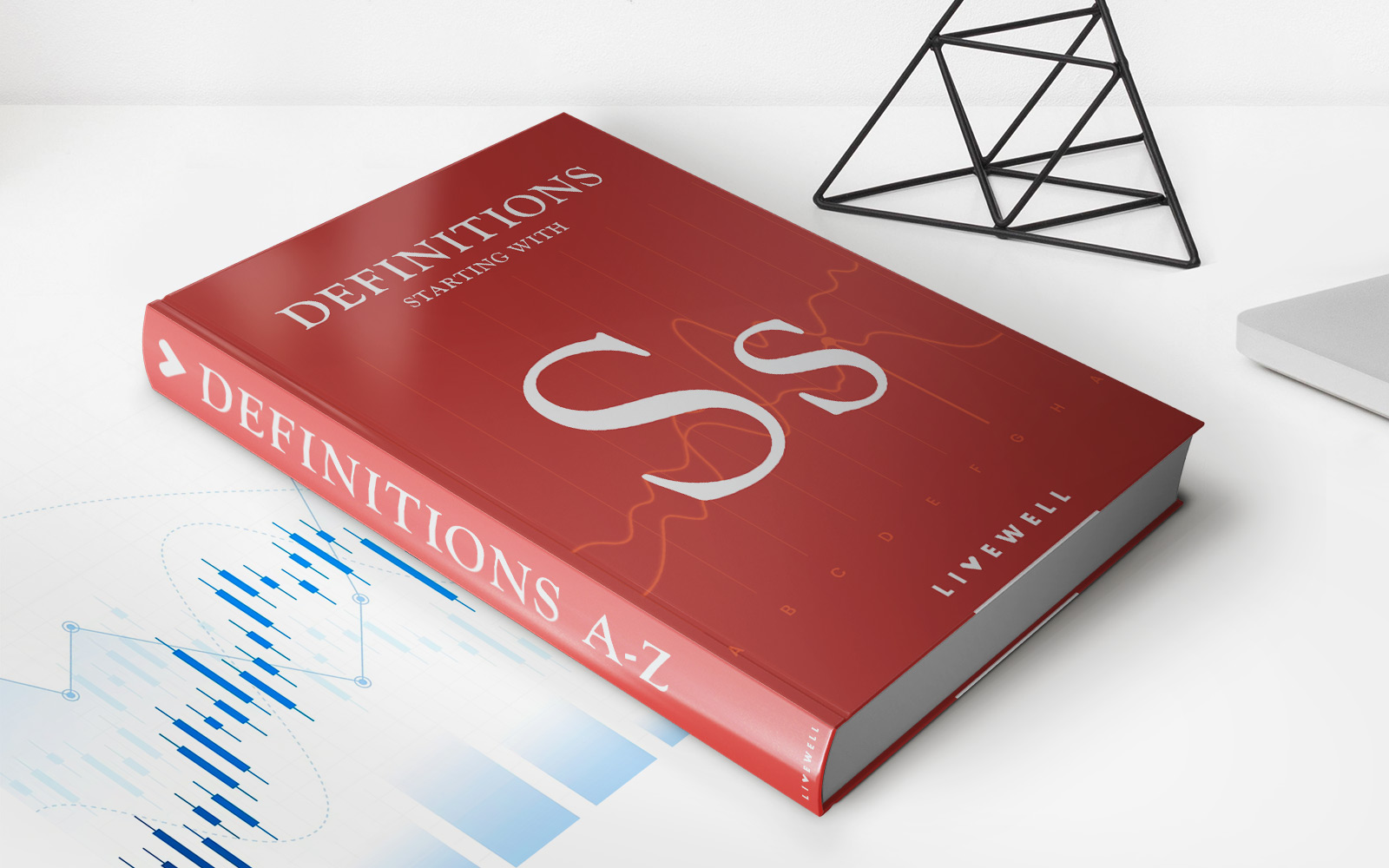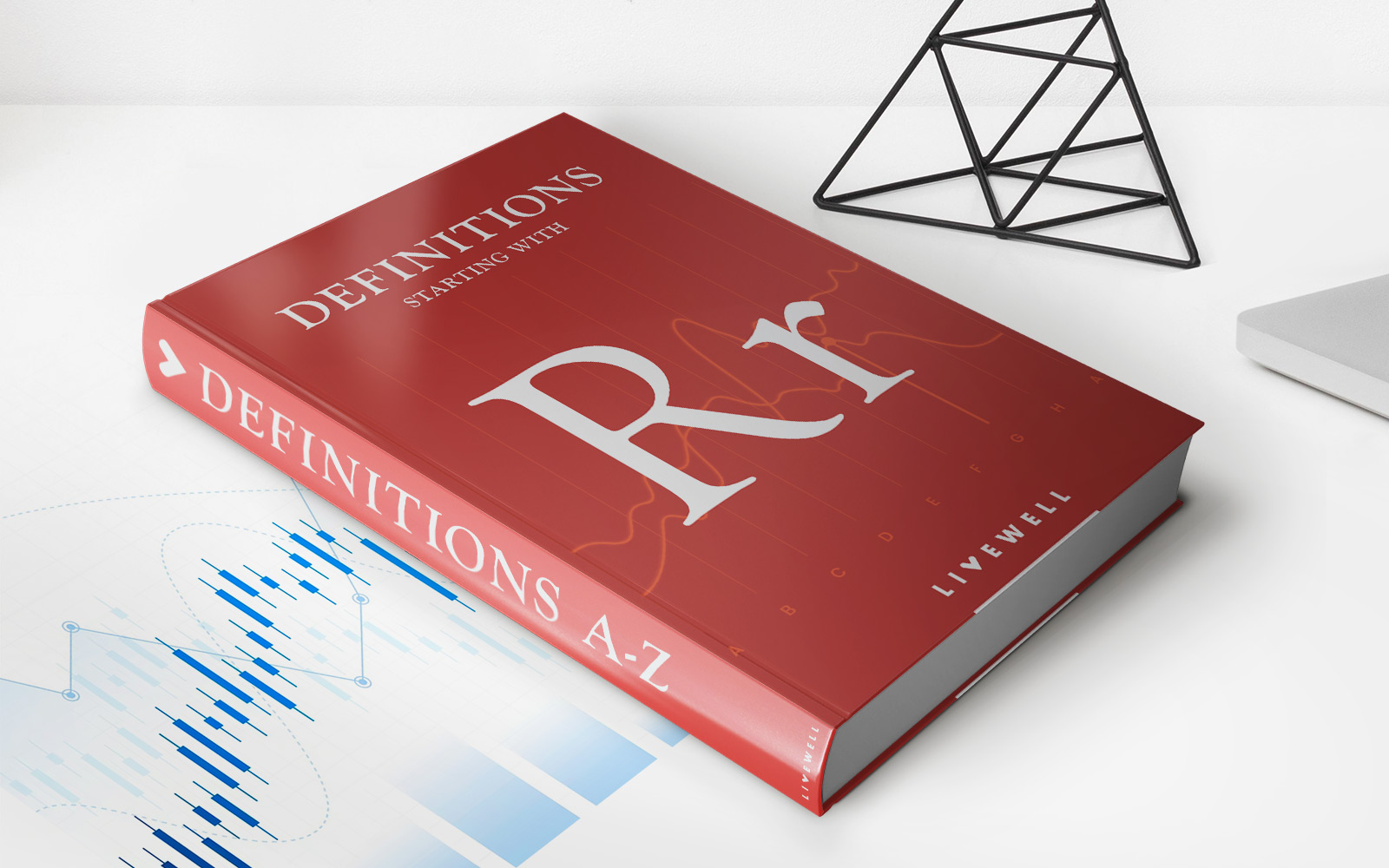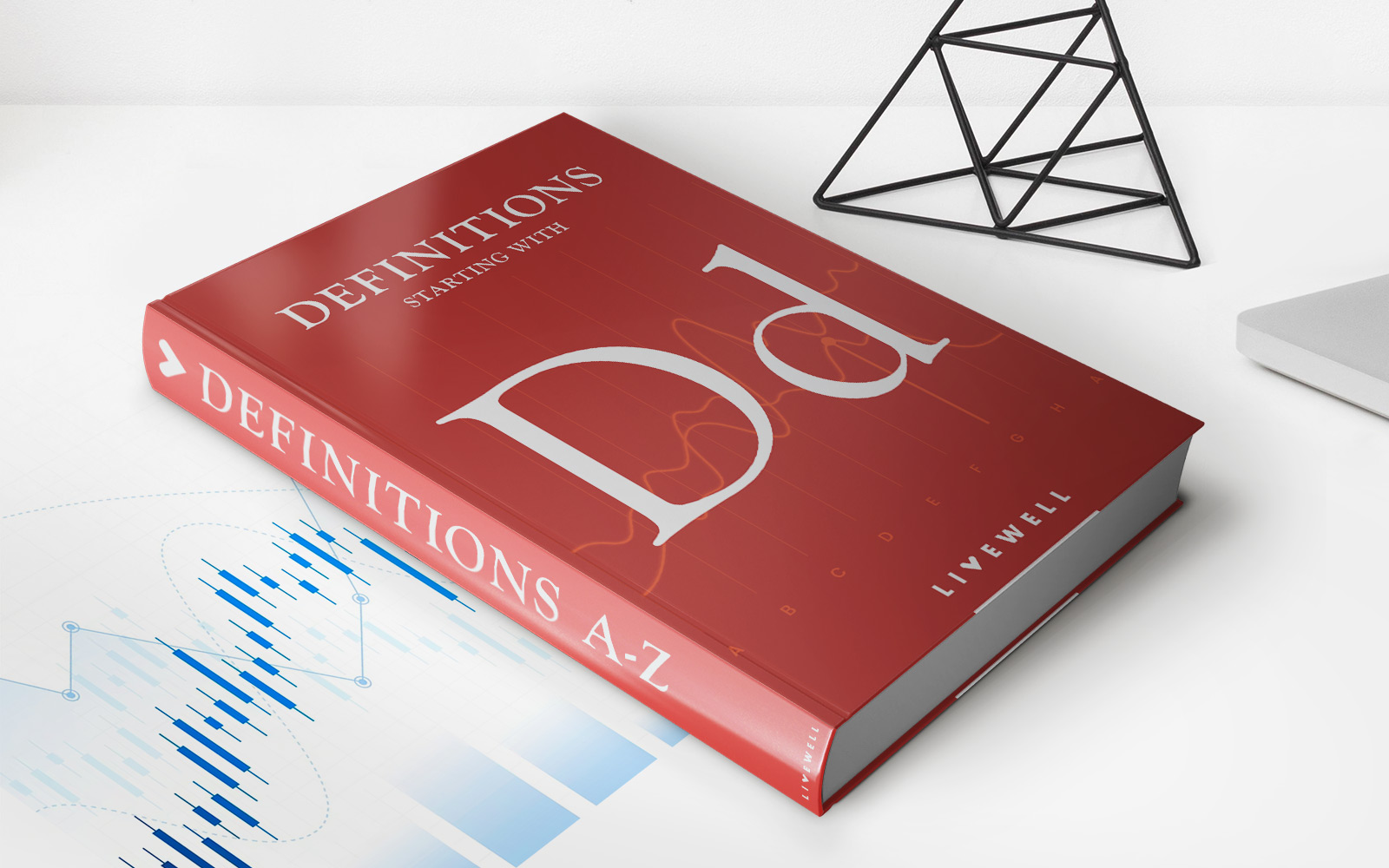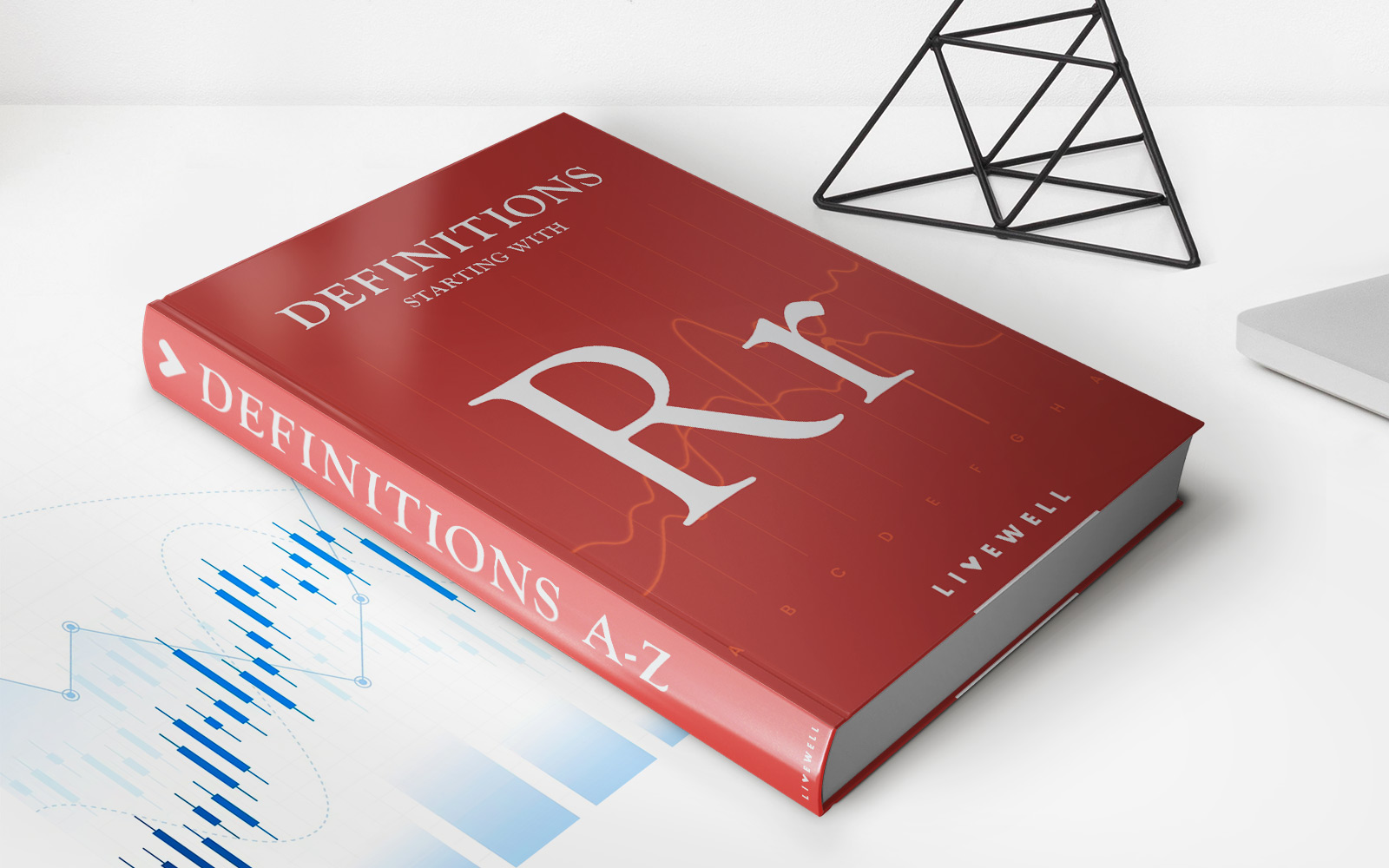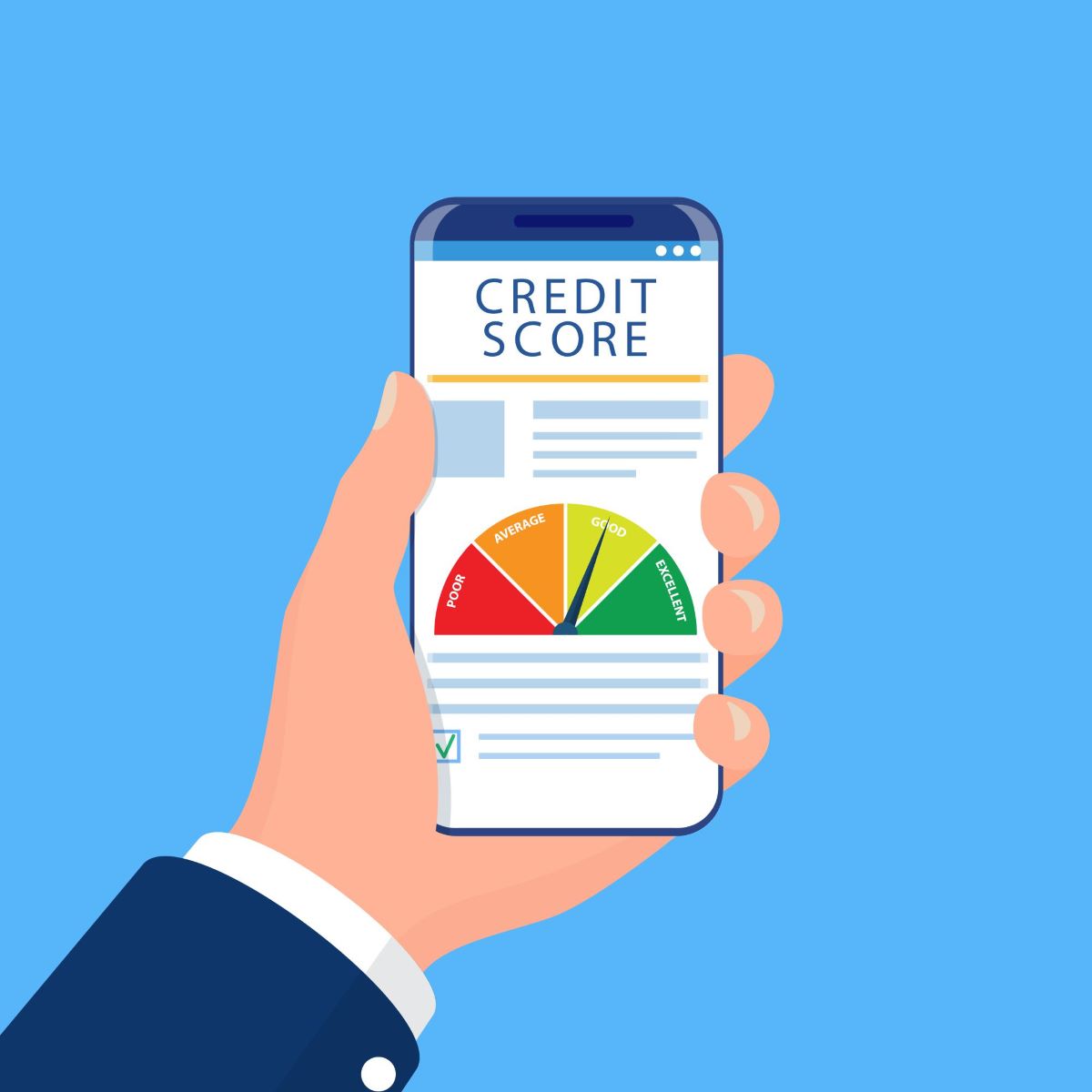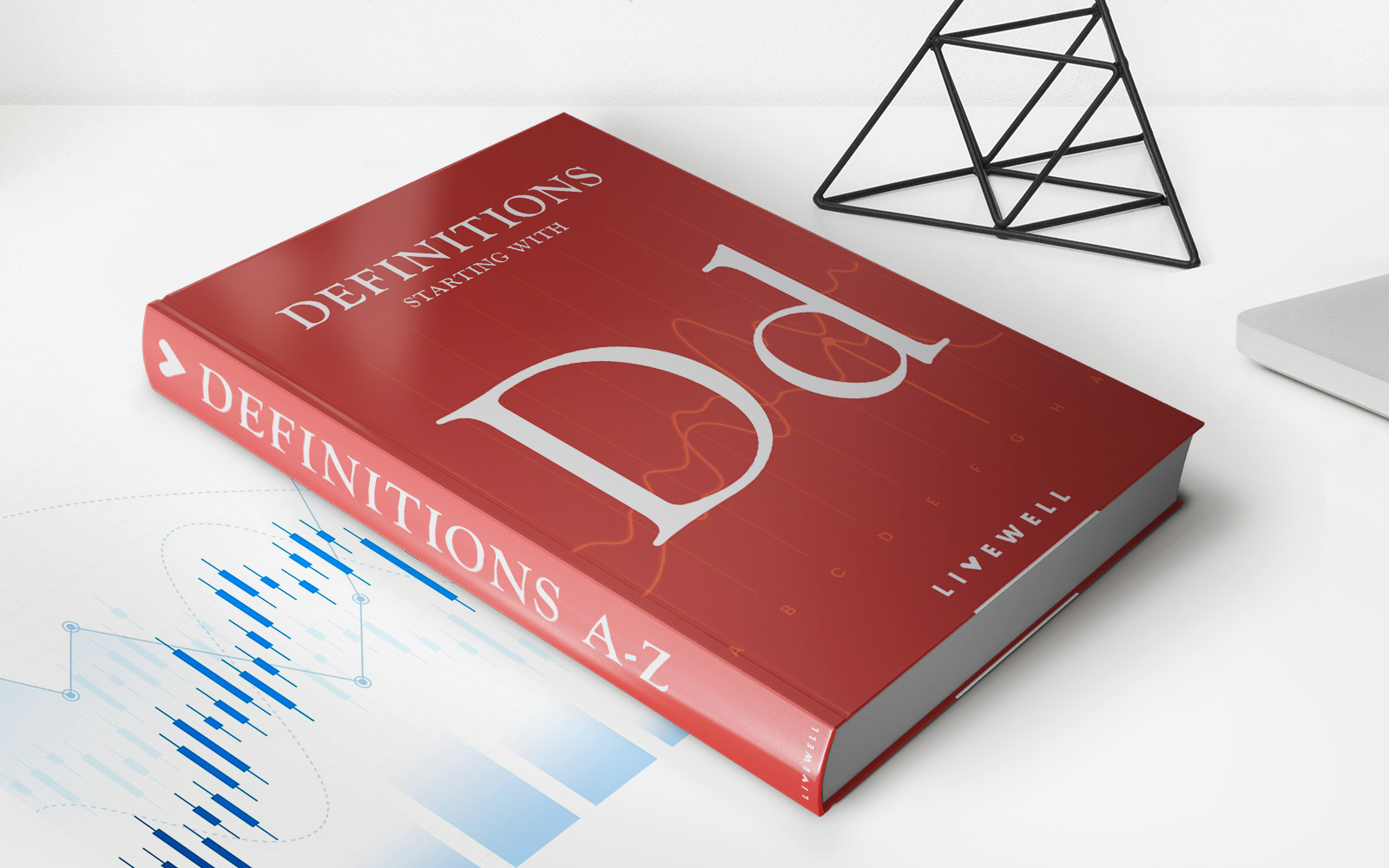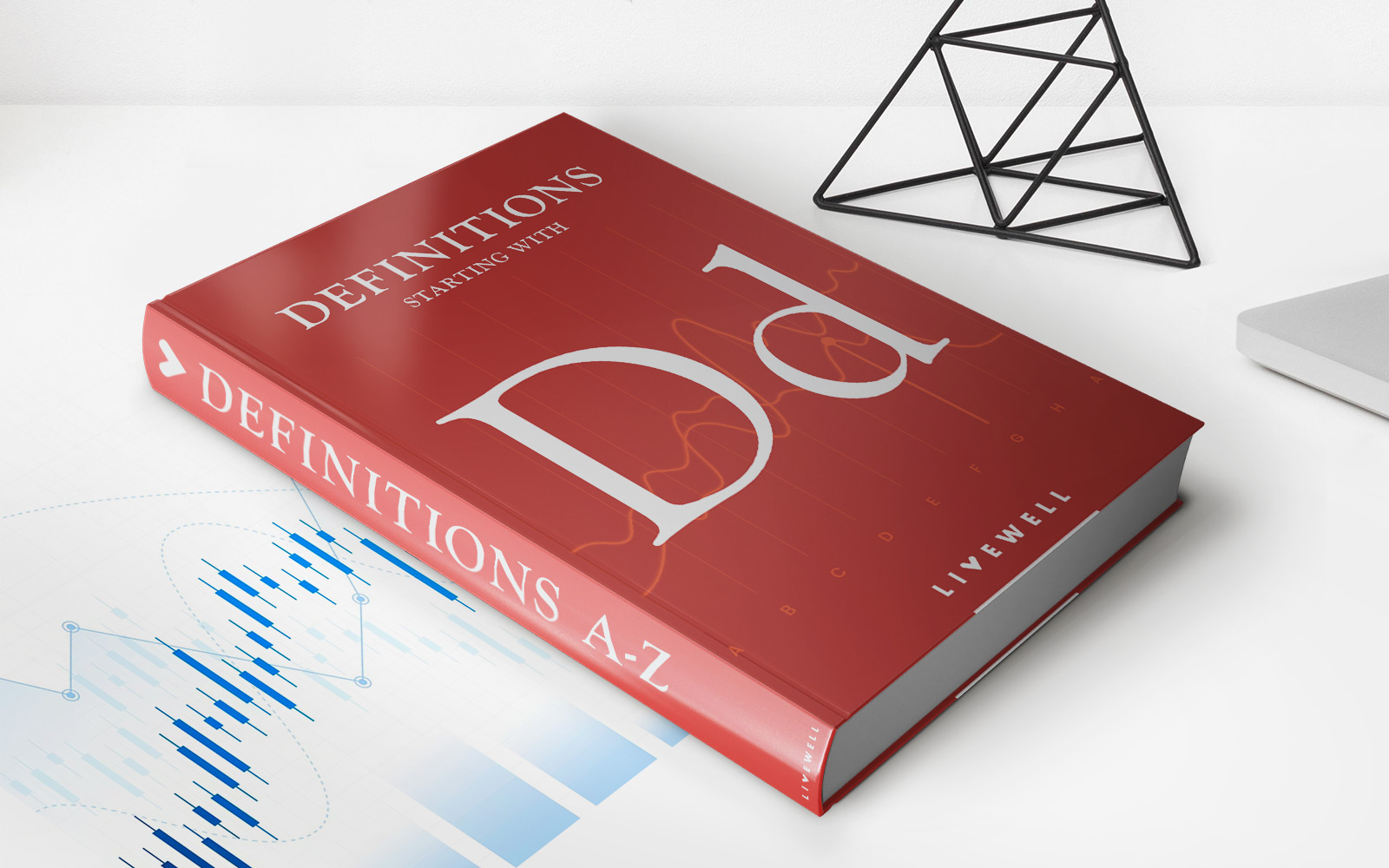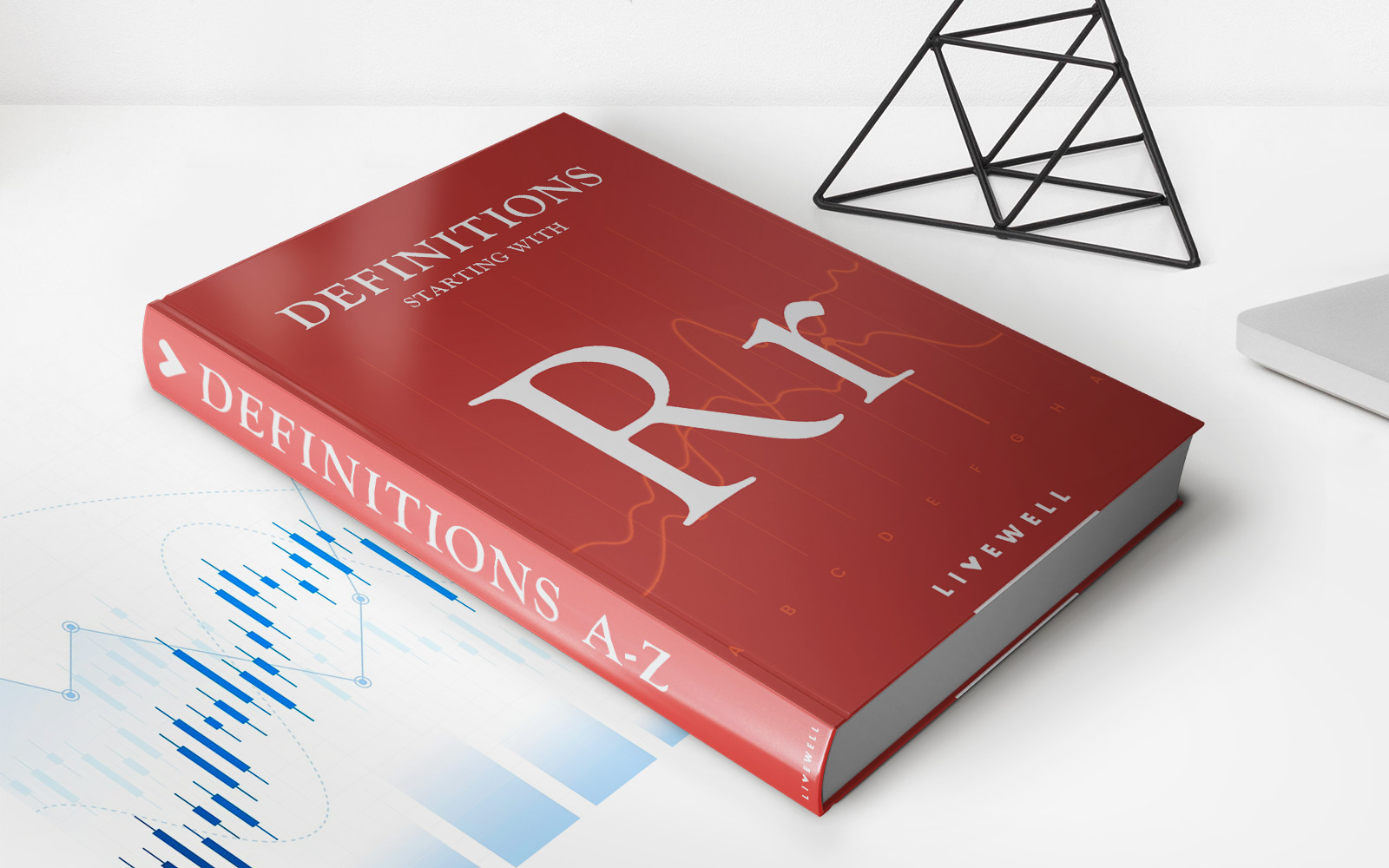

Finance
Right Of Foreclosure Definition
Published: January 21, 2024
Learn the definition of right of foreclosure in finance and understand its implications. Gain insights into the legal process and how it affects borrowers and lenders.
(Many of the links in this article redirect to a specific reviewed product. Your purchase of these products through affiliate links helps to generate commission for LiveWell, at no extra cost. Learn more)
The Right of Foreclosure Definition: Understanding the Financial Process
Welcome to the Finance section of our blog! Today, we’re going to delve into the world of foreclosure and explore its right. Whether you’re a homeowner facing financial difficulties or simply curious about the process, understanding the right of foreclosure is essential. In this article, we’ll break down the definition of the right of foreclosure and provide you with key takeaways to understand this complex financial process.
Key Takeaways:
- The right of foreclosure refers to a lender’s legal right to take possession and sell a property if the borrower defaults on their mortgage payments.
- Foreclosure proceedings aim to recover the outstanding debt owed by the borrower and typically involve a court-supervised auction or sale of the property.
What is the Right of Foreclosure?
The right of foreclosure refers to the legal rights held by a lender when a borrower fails to make the required mortgage payments. When a homeowner obtains a mortgage loan, the lender holds a lien against the property as collateral. If the borrower consistently falls behind on their payments or fails to make them altogether, the lender has the right to potentially take possession of and eventually sell the property in a process known as foreclosure.
Foreclosure is a last resort for lenders and is usually pursued when other attempts to resolve the borrower’s financial difficulties have failed. The right of foreclosure allows the lender to recover the outstanding debt by selling the property, thereby fulfilling the terms and conditions of the mortgage agreement.
The Foreclosure Process
The right of foreclosure usually involves a series of steps which may vary depending on the jurisdiction. However, the process typically includes the following:
- Mortgage Default: The borrower falls behind on their mortgage payments, usually after a certain number of missed payments.
- Notice of Default: The lender provides the borrower with a formal notice, often referred to as a Notice of Default, informing them of their delinquent payment status. This notice serves as an official warning that foreclosure proceedings may begin if the debt is not resolved within a specific timeframe.
- Foreclosure Lawsuit: If the borrower fails to address the default or negotiate a solution with the lender, the lender may file a foreclosure lawsuit to initiate the legal process. This typically involves filing a complaint and serving the borrower with a summons and other legal documents.
- Court-Supervised Auction: Following successful completion of the foreclosure lawsuit, a court-supervised auction or sale is held to sell the property to the highest bidder. In some cases, if there are no buyers at the auction, the lender may gain ownership of the property through a process known as a foreclosure sale.
- Deficiency Judgment: If the proceeds from the sale of the property do not cover the outstanding debt, the lender may seek a deficiency judgment against the borrower. A deficiency judgment allows the lender to recoup the remaining balance owed by the borrower, which can often lead to additional financial repercussions for the borrower.
Conclusion
The right of foreclosure is an important legal process within the realm of finance and real estate. It empowers lenders to reclaim the collateralized property in the event of default, allowing them to recoup the outstanding debt. While foreclosure should always be seen as a last resort, understanding the process is vital for homeowners and anyone interested in the field of finance. Regardless of whether you’re a borrower or simply curious, maintaining financial responsibility and being aware of your rights and obligations is key to navigating the world of real estate and mortgages.
Keep an eye on our Finance section for more informative articles on various financial topics. We hope you’ve found this dive into the right of foreclosure enlightening!
